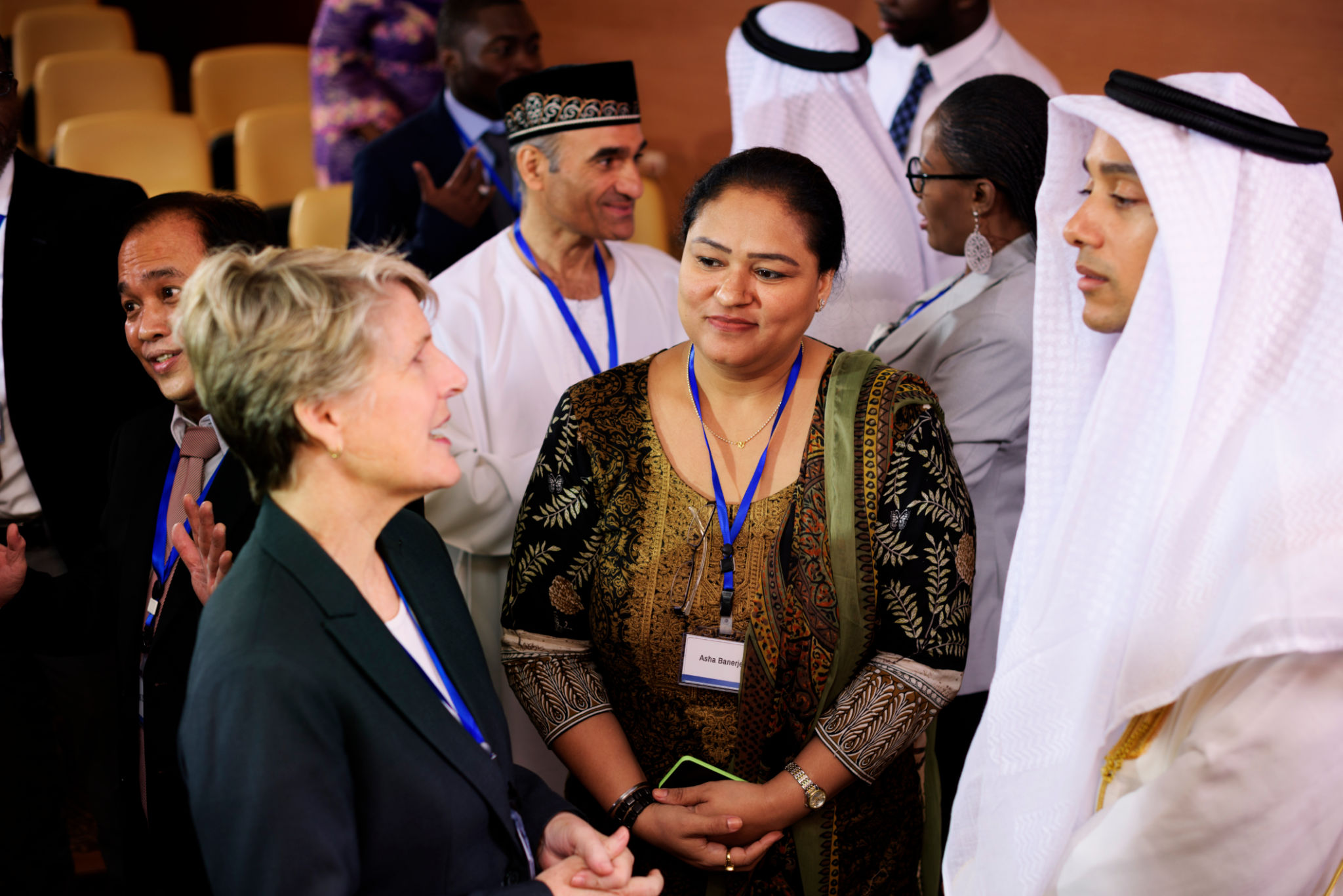The Role of Faith in Modern Society: Insights from Cross Tower
Mi
Understanding Faith in the Context of Modern Society
Faith has always been a cornerstone of societies around the world, serving as a guiding principle for countless individuals. In modern society, its role continues to evolve, offering both challenges and opportunities. Cross Tower, a platform for interfaith dialogue and exploration, provides valuable insights into how faith is shaping contemporary life.
As the world becomes more interconnected, the diversity of religious beliefs and practices is more visible than ever before. This multicultural tapestry requires a nuanced understanding of faith's role in fostering community and bridging cultural divides. It also prompts questions about how faith can coexist with rapidly advancing technology and shifting social norms.

The Interplay Between Faith and Technology
In today's digital age, technology influences nearly every aspect of our lives, including how we practice and perceive faith. Online platforms and social media have opened new avenues for spiritual engagement, allowing individuals to connect with like-minded communities worldwide. Cross Tower highlights how technology is reshaping religious practices, making them more accessible and personalized.
However, this intersection also presents challenges. The rapid dissemination of information can lead to misunderstandings or misrepresentations of religious beliefs. It is crucial for faith communities to adapt to these changes, leveraging technology to promote understanding and inclusivity while safeguarding their traditions.

Faith as a Source of Community and Support
One of the enduring roles of faith in society is its ability to foster a sense of community and provide support during challenging times. Congregations and religious groups often serve as vital support networks, offering both spiritual guidance and practical assistance to their members.
Cross Tower emphasizes the importance of these communities in promoting social cohesion and resilience. By bringing people together around shared values and beliefs, faith groups can help individuals navigate personal and collective challenges, from economic hardships to emotional struggles.

Faith and Ethical Leadership
Faith also plays a significant role in shaping ethical leadership. Many leaders draw on their religious beliefs to guide their decisions and actions, promoting values such as honesty, compassion, and justice. In an era where ethical considerations are increasingly scrutinized, faith can provide a moral compass for leaders in both public and private sectors.
Organizations like Cross Tower encourage discussions around faith-based leadership, exploring how religious principles can influence effective governance and inspire positive change on a broader scale.
Challenges and Opportunities for Faith in a Globalized World
The globalized nature of modern society presents both challenges and opportunities for faith-based communities. Religious pluralism demands mutual respect and understanding among diverse groups, fostering dialogue and collaboration across cultural boundaries.
Cross Tower actively promotes interfaith initiatives that aim to bridge gaps between different traditions. These efforts not only reduce conflict but also enrich the spiritual landscape by highlighting common values shared across religions.

The Future of Faith in Modern Society
Looking ahead, the role of faith in modern society is poised to evolve further. As social dynamics shift and new challenges emerge, faith communities will need to adapt while holding onto their core teachings. The insights from Cross Tower suggest that embracing dialogue, technological innovation, and ethical principles will be key to navigating this complex landscape.
Ultimately, faith continues to be a powerful force for good, influencing personal lives and societal structures alike. By understanding its evolving role, we can harness its potential to foster a more compassionate and cohesive world.
